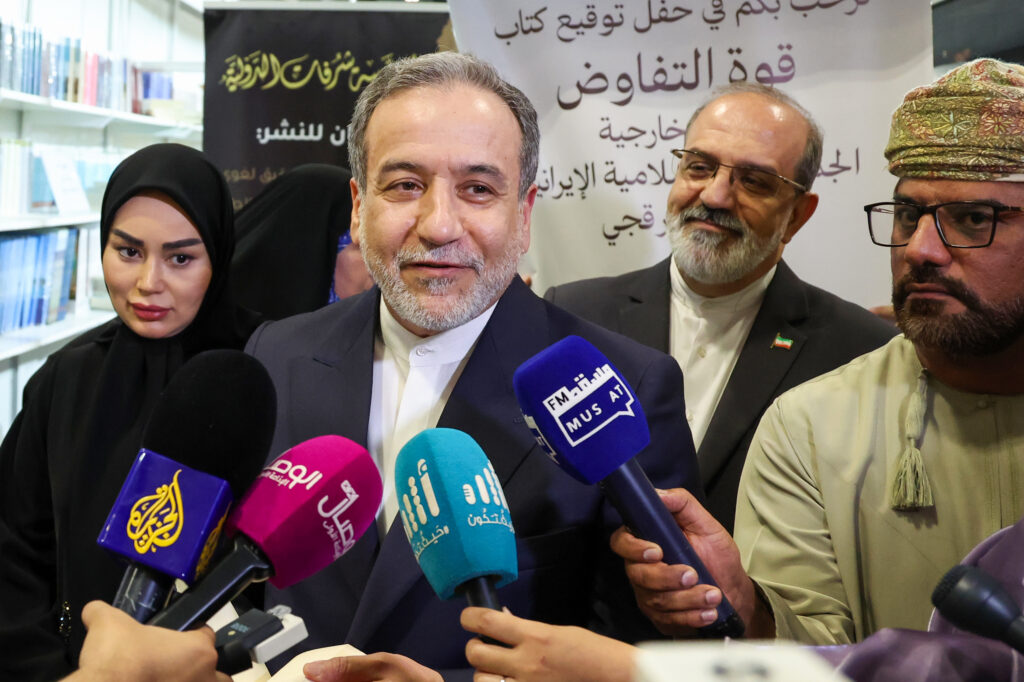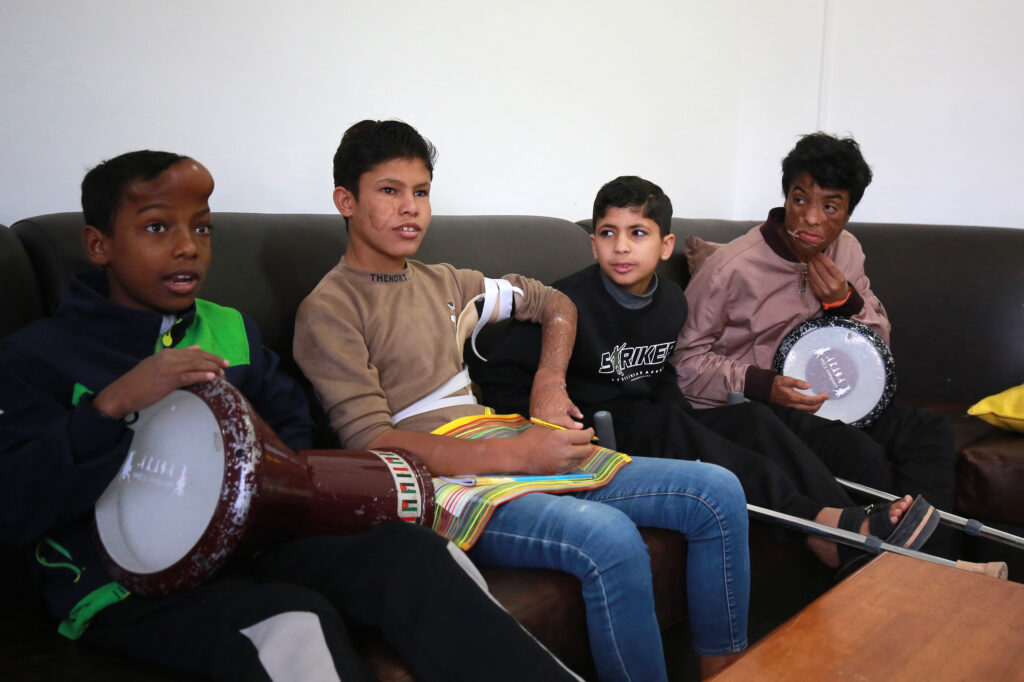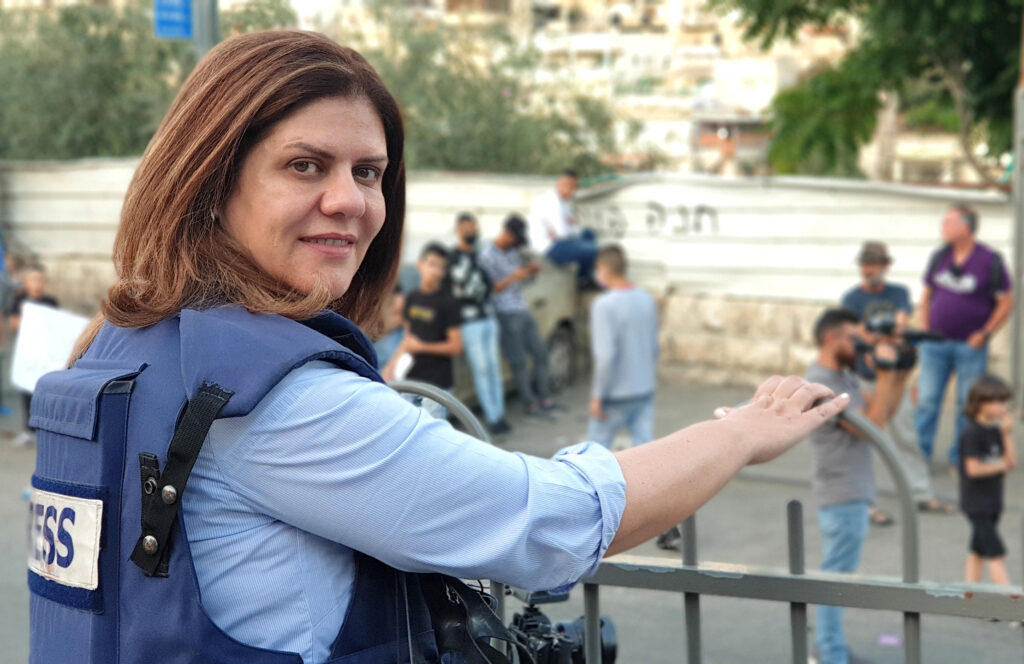Iran, US hold fresh nuclear talks as enrichment concerns grow
Iran and the United States kicked off the fourth round of nuclear talks in Oman Sunday amid a standoff over uranium enrichment, with Tehran calling it “non-negotiable”, while Washington has described it as a “red line”. The negotiations follow earlier rounds that began nearly a month ago, marking the highest-level contact between the two foes since Washington withdrew in 2018 from a landmark nuclear deal, during President Donald Trump’s first term.”Enrichment capability is one of the honours and achievements of the Iranian nation,” said Foreign Minister Abbas Araghchi in a video before departing to Muscat, adding that the issue was “non-negotiable”.”We had more consultations in Tehran this morning and in this round we hope to reach a decisive point,” he added.Iran’s ISNA news agency later confirmed that “indirect” talks between the two sides had begun. The latest round of negotiations come amid a flurry of diplomatic activity in the region, with Trump heading to the Gulf for his first major foreign tour next week, after Araghchi was in Saudi Arabia and Qatar this weekend.Both sides have reported progress after previous rounds. But there have been some delays and disagreements over Iran’s right to enrich uranium, with a US envoy calling it a “red line”.Iran’s foreign ministry spokesman Esmaeil Baqaei said that negotiators would push for relief from US sanctions during the meeting.- ‘Red line’ -Yousuf Al Bulushi, chairman of the Muscat Policy Council think tank, said that the two sides “haven’t reached a breakthrough yet and this will take quite some time but I’m optimistic”.The fourth round was initially set to take place on May 3 but had been rescheduled, with mediator Oman citing “logistical reasons”.Western countries, including the US, have long accused Iran of seeking to acquire nuclear weapons, a claim Tehran has consistently denied, insisting that its nuclear programme is for peaceful purposes.Iran currently enriches uranium to 60 percent purity — far above the 3.67-percent limit set in the 2015 deal with Washington and other world powers, but below the 90 percent needed for weapons-grade material.US Middle East envoy Steve Witkoff, who has led Washington’s delegation, said in a Friday interview that Iran’s “enrichment facilities have to be dismantled”.”That’s our red line. No enrichment,” he told US right-wing outlet Breitbart News, after initially suggesting flexibility on Tehran maintaining low-level enrichment of uranium for civilian purposes.Witkoff said that if the talks “are not productive… they won’t continue and we’ll have to take a different route”.Trump has said he wanted “total verification” that Iran’s contested nuclear work is shut down, and Secretary of State Marco Rubio has insisted that Tehran give up all uranium enrichment.Araghchi, Tehran’s chief negotiator, has repeatedly defended Iran’s right to enrich uranium.Balushi meanwhile warned that both sides had lost precious time during past negotiations to clarify “whether what was said was meant or not”, instead of resolving differences.- ‘Experts’ at the table -Iran adhered to the 2015 agreement for a year after Washington’s withdrawal before beginning to roll back its compliance.Since returning to office in January, Trump has revived his “maximum pressure” approach against Tehran, while backing nuclear diplomacy but warning of potential military action if it fails.The talks are taking place amid renewed scrutiny of key aspects of Tehran’s nuclear programme, particularly its stockpile of enriched uranium and the pace of its enrichment activities.European governments are weighing whether to trigger the “snapback” mechanism under the 2015 deal, which would reinstate UN sanctions in response to Iranian non-compliance — an option that expires in October.Israel’s Prime Minister Benjamin Netanyahu, who opposes the Iran-US talks, has called for Tehran’s nuclear facilities to be dismantled and for its ballistic missile programme to be stopped as part of any credible deal.Tehran has insisted that the talks be solely focused on the nuclear issue and the lifting of sanctions, ruling out negotiations on military capabilities.Foreign ministry spokesman Baqaei said that Iran’s delegation “consists of the experts and specialists needed at this stage of the talks, serving the highest interests of our country”.




